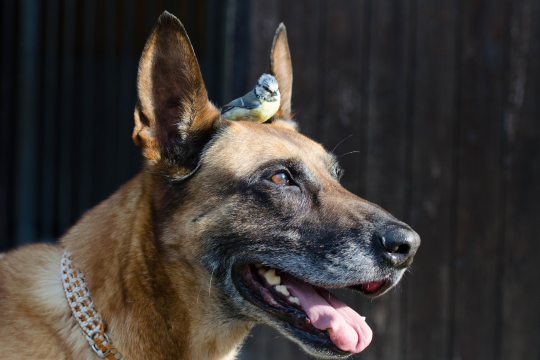
Guest post by Kerenza Vlastou, Outreach Manager, Global Alliance for Rabies Control (GARC)
Love dogs? Love birds? Guess what—they can coexist peacefully, but it takes a little bit of responsibility on our part. Whether you’re a dog lover, a birder, or both, you might be surprised to learn that our furry friends can sometimes cause havoc in the wild. But here’s the good news: with a few simple actions, like keeping dogs leashed and well-trained, you can help protect wildlife AND keep your dog safe. Let’s dive into how dogs fit into the conservation puzzle and what you can do to make a difference.
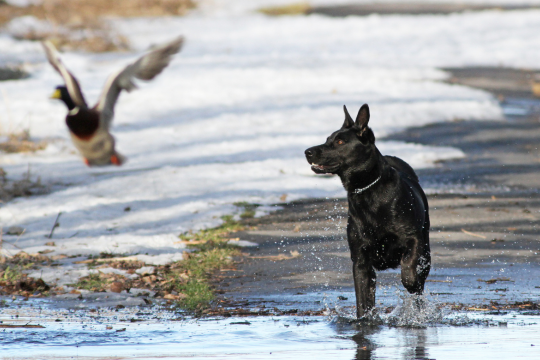
Why Leashing Your Dog Matters for Wildlife
Picture this: you’re out on a nature walk, your dog bounding ahead, ears flapping in the breeze. But as much fun as that off-leash run might be for Fido, it’s not always great news for ground-nesting birds or small critters. Birds like plovers and terns build their nests on the ground, making their eggs and chicks vulnerable to curious (or playful) dogs. A simple solution? Keep your dog leashed when you’re in areas with wildlife. It’s an easy way to protect these species—no need for grand gestures, just a little leash action!
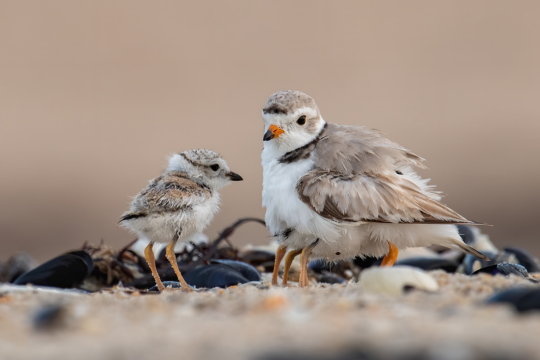
The Audubon Society puts it plainly: letting dogs roam in wildlife areas can disturb birds during breeding season, and some of these birds are already on the endangered list. So, a leash isn’t just about controlling your dog—it’s about safeguarding the natural environment, too.
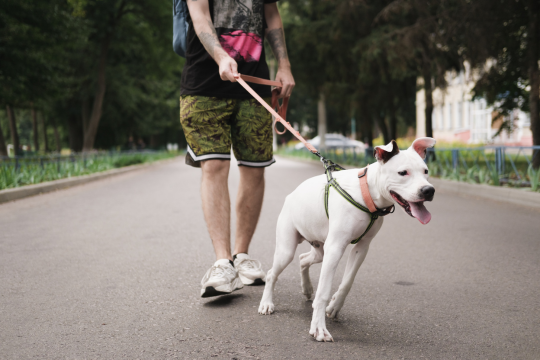
“Making sure our companion animals have the very best animal welfare is super-important, as is looking after the wellbeing of the wildlife around us. Hat’s off to GARC for highlighting how we can all be responsible family members to our four-legged companions in ways that benefit the birds and other creatures that freely inhabit our countryside.” Philip Lymbery, author, CEO of Compassion in World Farming, and proud dad to rescue dog, Bruce.
Dogs as Conservation Heroes? Yes, Really!
But here’s where it gets exciting. Not all dogs are a threat to wildlife—some are actually trained to save it. In fact, dogs are becoming key players in conservation efforts worldwide. From sniffing out endangered species like cheetahs and rhinos in Africa to locating Kiwi nests in New Zealand, these four-legged conservationists are doing important work. Even in the U.S., dogs have been used to help protect bird species like the endangered Piping Plover by keeping predators away and alerting handlers to nearby nests.
How RDO Helps in the Fight Against Rabies
Okay, so what’s the link between dog ownership, conservation, and rabies? A big part of Responsible Dog Ownership (RDO) is making sure dogs are vaccinated, especially in areas where they roam freely. This is where the Global Alliance for Rabies Control (GARC) comes in: working to eliminate rabies, a dreadful and fatal disease that kills indiscriminately (meaning both people and animals die from it). Part of GARC’s mission involves educating people on how to care for their dogs and prevent diseases.
Unvaccinated dogs can spread diseases like rabies, which isn’t just dangerous for people but also for wildlife. Letting these unvaccinated dogs roam freely significantly increases the chances that rabies will spread through a community, leading to people and animals needlessly suffering and then dying from this disease. By vaccinating dogs and managing them responsibly, we protect everyone—humans, dogs, and wild animals.
The GARC Education Platform (GEP) offers free courses to teach communities about dog health and humane dog population management. It’s all about creating a win-win for dogs and the environment.

What You Can Do
So, what’s your role in all this? Easy! Start by practicing Responsible Dog Ownership—keep your dog leashed in wildlife areas, make sure they’re vaccinated (especially against rabies), and learn more about how to protect them and the environment. Check out GARC’s Rabies Educator Certificate and Dog Welfare Certificate (and other) free courses on the GARC Education Platform! It’s a great way to get informed and make a global impact, one dog at a time – whether it is your dog or advising a colleague or friend about their dog.
Whether you’re protecting birds on your morning walk or supporting efforts to eliminate rabies, every little bit counts. So, leash up, and let’s make sure our dogs experience the best welfare while being part of the solution — not the problem!
Photo Credits: Pixabay (bird on dog), mirceax from Getty Images (dog chasing bird), Oleksii Boiko from Valeriia Boiko (dog on leash), Plover by Harry Collins from Getty Images (plover)




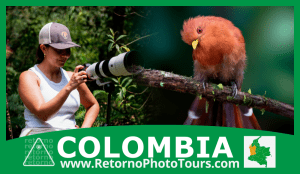

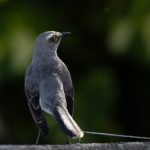


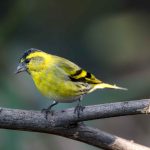

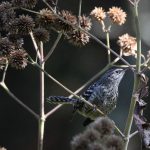
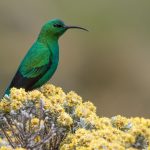
As one who is frequently accompanied while out birding by my dog Emma (she is a sprocker spaniel, a cross between an English springer spaniel and a cocker spaniel), I much enjoyed this. Here in Britain we are fortunate to be free of rabies, but there are unfortunately far too many badly trained dogs, not to mention inconsiderate dog owners – the two go together like ducks and water. Emma is trained to walk to heel when required and she doesn’t chase birds, two essentials for any dog that goes birdwatching.
Agree! My dog sits quietly while birding. We once found a fledgling Blue Tit – she just “pointed”. Dogs are really easy to train.
We are very glad you enjoyed the article and agree. In some countries, there are regulations that require dogs to be on leash in public areas unless otherwise specified. While some may think this is cruel, it can be very important for wildlife and other people (e.g. afraid of dogs), especially when owners are not acting responsibly.